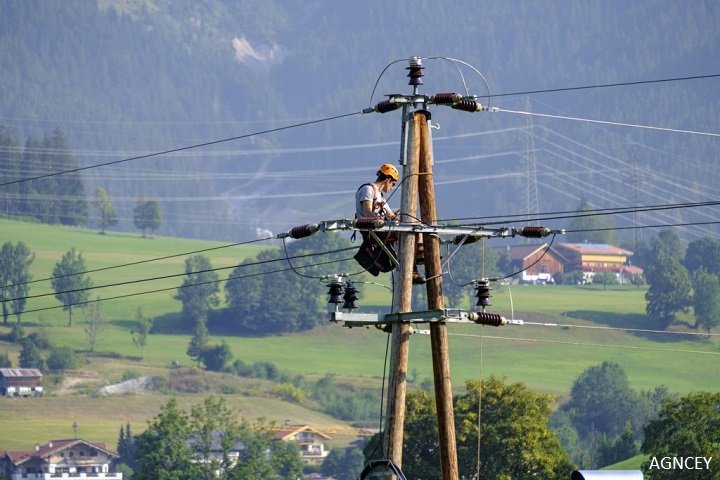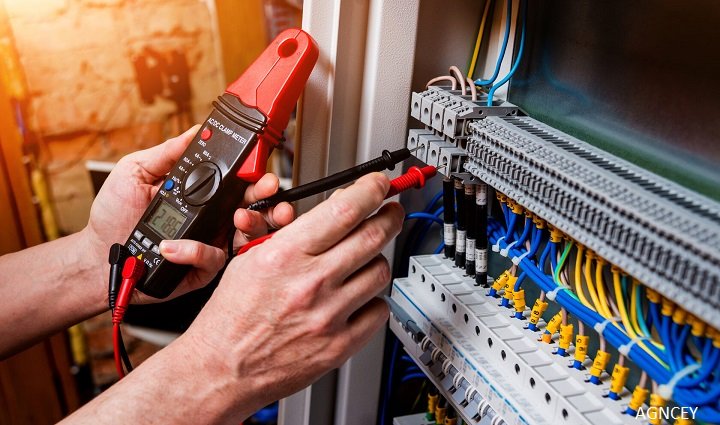Power powers about each viewpoint of our advanced lives, but it’s critical to handle it securely. That’s where electrical codes come in. These codes are a set of rules that guarantee electrical frameworks are secure, proficient, and dependable. Whether you’re a property holder, DIY devotee, or budding circuit repairman, understanding electrical codes is basic to dodging dangers, sparing cash, and remaining compliant with the law.
In this direct, we’ll break down what electrical codes are, why they’re critical, and how they affect your regular projects.
What Are Electrical Codes of Understanding electrical codes
Electrical codes are a collection of rules and rules made to guarantee electrical frameworks are introduced and kept up securely. The most commonly referenced standard in the joined-together states is the National Electrical Code (NEC), also known as NFPA 70, which is overhauled every three years. Other nations have their forms, such as the Canadian Electrical Code (CEC) and the Worldwide Electrotechnical Commission (IEC) standards.
These codes cover everything from wiring and establishing to circuit assurance and the situation of outlets. Following to them not as it were guarantees security but too makes a difference in avoiding expensive repairs or punishments from fizzled inspections.
Key Components of Electrical Codes
- Wiring Guidelines: Indicates the sorts of wires, cables, and connectors to use.
- Load Calculation: Manages how much electrical stack circuits can handle to dodge overloading.
- Safety Gadgets: Incorporates rules for circuit breakers, wires, and ground-blame circuit interrupters (GFCIs).
- Placement of Installations: Gives rules for the area of outlets, switches, and light fixtures.
Why Are Electrical Codes Important of Understanding electrical codes
Electrical codes are more than fair lawful requirements—they are lifesaving measures. Here’s why they matter:
- Safety: Appropriately introduced electrical frameworks decrease the hazards of fires, stuns, and accidents.
- Legal Compliance: Coming up short to meet code necessities can lead to fines, delays in development, or indeed lawsuits.
- Insurance Scope: Numerous protections companies require electrical frameworks to meet code benchmarks to endorse claims.
- Energy Effectiveness: Taking after codes can offer assistance, optimize vitality, utilize, and diminish utility bills.
For illustration, introducing GFCIs in washrooms and kitchens is a code necessity to ensure against electrical stun. Without these, you not only hazard your security but also seem to fall flat on an inspection.
Common Electrical Codes You Ought to Know
Even if you’re not a circuit repairman, it’s supportive to be commonplace with a few essential electrical code requirements:
1. Ground Blame Circuit Interrupters (GFCIs)
GFCIs are required in ranges where water is displayed, such as lavatories, kitchens, and open-air spaces. They closed off control when they distinguished a ground fault, ensuring you from electric shocks.
2. Circuit Breakers and Board Requirements of Understanding electrical codes
- Circuits must not surpass 80% of their appraised capacity for ceaseless loads.
- Breaker boards ought to have clear labeling to distinguish circuits.
- 3. Outlet Spacing
- Outlets must be put each 12 feet in living regions to avoid excessive utilization of expansion cords.
- Kitchen countertops ought to have outlets every 4 feet.
- 4. Wiring Standards
- Use endorsed cables, such as Romex, for private wiring.
- Avoid utilizing aluminum wires unless indicated by code.
5. Smoke Detectors
Smoke locators ought to be interconnected, with at least one on each level of the domestic and interior of each bedroom.
- How to Remain Compliant with Electrical Codes
- Staying compliant might appear overpowering, but it’s sensible with the right approach.
1. Contract Authorized Professionals
Whenever conceivable, contract an authorized circuit tester to handle electrical work.
2. Get Permits Understanding electrical codes
Before beginning a major electrical extension, check if you require an allow
3. Remain Updated
Electrical codes are frequently overhauled. For example, the NEC is reexamined each three a long time. Remaining educated around these changes is essential.
4. Utilize Affirmed Materials
Always utilize materials and gear that meet code guidelines, such as UL-listed products.
5. Take after Producer Guidelines
Manufacturers frequently incorporate establishment enlightening that adjusts with code requirements.
Electrical Codes for DIY Enthusiasts
If you’re handling a DIY venture, understanding and taking after electrical codes is basic. Here are a few tips:
- Plan Ahead: Outline a format of your venture and stamp where outlets, switches, and installations will go.
- Use the Right Devices: Contribute in quality instruments, such as voltage analyzers and wire strippers, to make your work more secure and more efficient.
- Don’t Cut Corners: It might be enticing to skip steps, but doing so can lead to genuine security issues and expensive repairs.
- Call for Assessments: If required, plan reviews to guarantee your work meets neighborhood codes.
- High-Authority Resource:
For a point-by-point understanding of NEC rules, allude to the official NFPA site: NFPA NEC Guidelines.
What Happens If You Don’t Take After Electrical Codes?
- Ignoringelectrical codes can have genuine consequences.
- Safety Dangers: Dishonorable wiring increments the chance of electrical fires and shocks.
- Legal Punishments: You may confront fines or claims for non-compliance.
- Reduced Property Esteem: Homes not up to code can be harder to sell.
Conclusion
Understanding electrical codes is pivotal for guaranteeing security, lawful compliance, and productivity in any electrical venture. Whether you’re a DIYer or contracting a proficient, knowing these rules can spare you time, cash, and bother. Continuously remain upgraded, utilize the right instruments, and counsel specialists when in doubt.
For more nitty gritty data on electrical codes and benchmarks, visit NFPA.org.
1. What is the National Electrical Code (NEC)?
The NEC is a set of security measures for electrical planning, establishment, and review in the joined-together states.
2. Do I require an allowance for little electrical projects?
Permits are regularly required for major work like including circuits or updating boards but may not be required for minor assignments like supplanting switches. Check with your neighborhood authority.
3. Can I do my possess electrical work?
In a few zones, mortgage holders can perform certain errands, but they must take after neighborhood codes and may require inspections.
4. How frequently are electrical codes updated?
The NEC is overhauled each three a long time. Continuously counsel the most recent version to guarantee compliance.
5. What are the punishments for not taking after electrical codes?
Penalties can incorporate fines, fizzled reviews, and security dangers like fires or electrical shocks.




